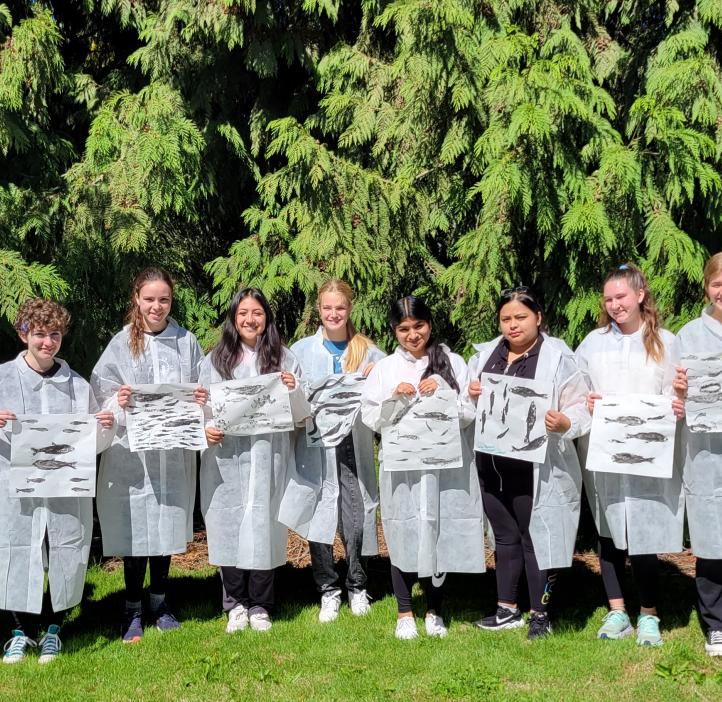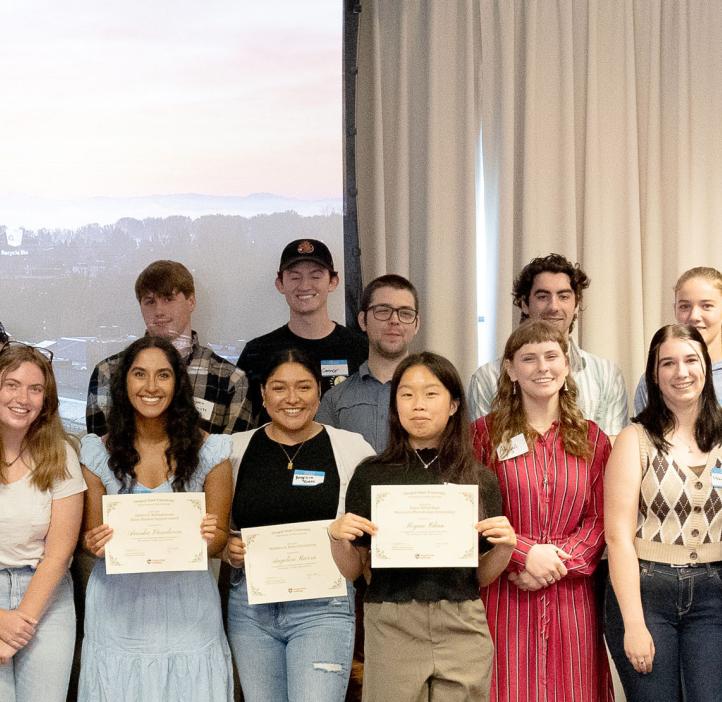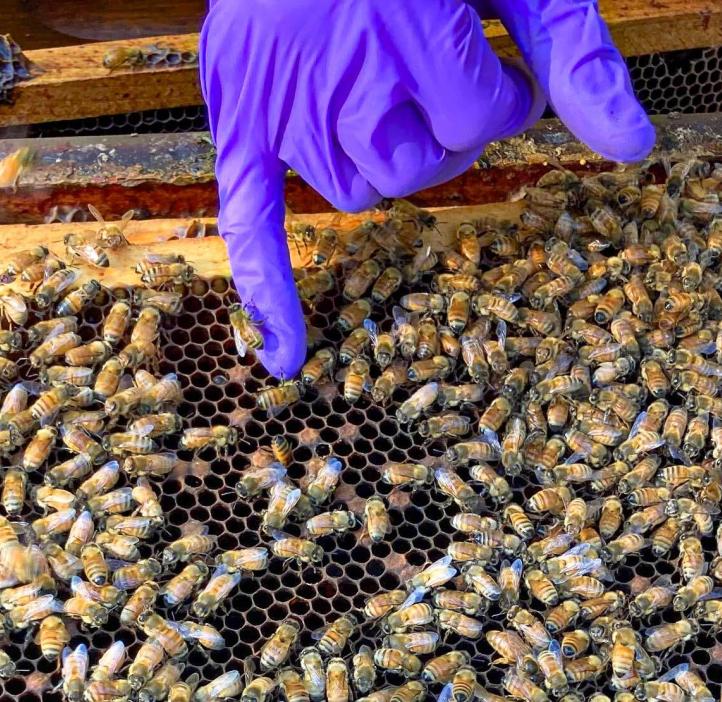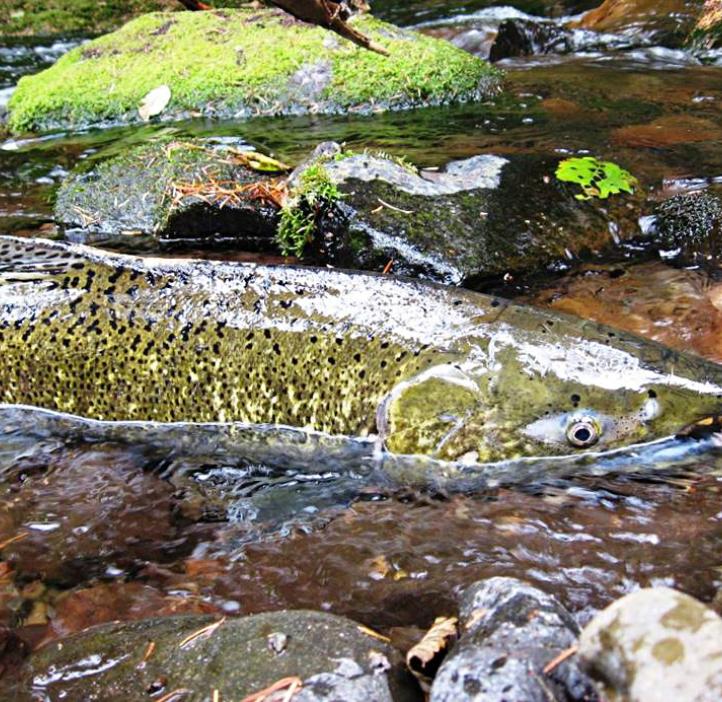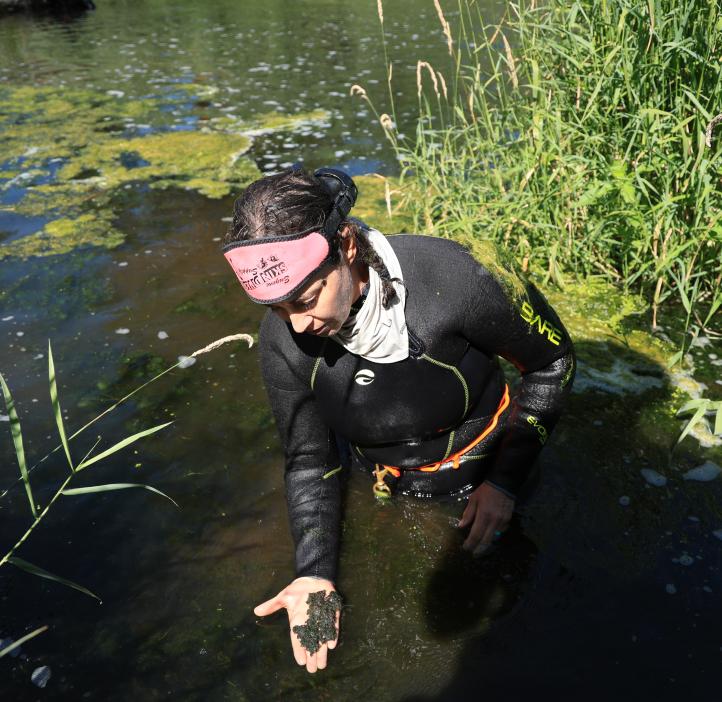Studying the smallest organisms to solve the world’s biggest problems.
Understand the world around you more by learning how microorganisms affect human, animal and environmental health. Explore microbial communities in aquatic environments as diverse as coral reefs and beneath arctic ice and learn about their roles in health and disease.


